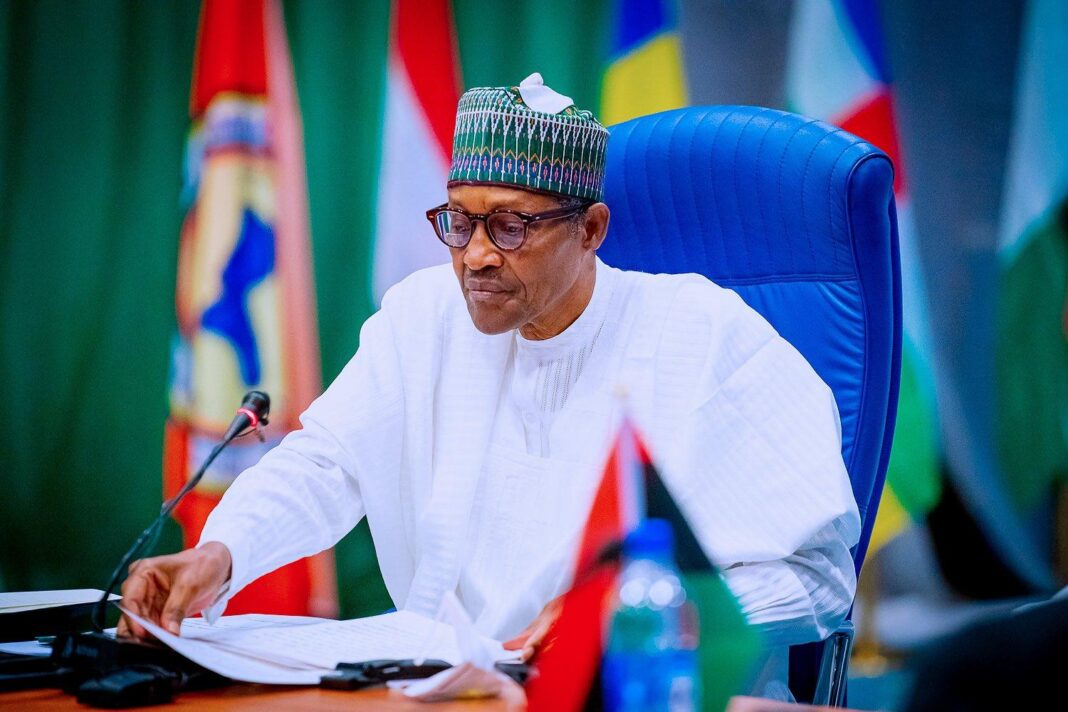Contrary to earlier reports, sources at the Presidential Villa said President Muhammadu Buhari has not signed the Electoral Act Amendment Bill into law yet.
When assented, the bill will pave the way for statutory delegates to participate in electing candidates in party primaries.
DAILY NIGERIAN reports that statutory delegates are party executives and elected legislative and executive officers.
There has been uncertainty over the assent of the bill as the president returned from a UAE trip on Friday.
On May 10, the Senate accelerated the passage of the amended Section 84(8) of the law, which initially allowed only elected delegates of a party to participate in the conventions or other meetings.
Ovie Omo-Agege, the deputy president of the Senate said the initial section of the bill was an error on the part of the legislature.
He said Section 84(8) of the Electoral Act does not provide for the participation of what is generally known as statutory delegates in the conventions, congresses or meetings of political parties.
“Section 84(8) provides for the participation of elected delegates in the conventions, congresses or meetings of political parties held to nominate candidates.
“This was an unintended error and it can only be corrected with this amendment.”
Corroborating his debate, Uche Ekwunife and Sabi Abdullahi said the “error happened inadvertently” and was not the intention of the National Assembly.
The bill was thereafter passed in the committee of the Whole.
After the passage, the Senate President, Ahmad Lawan, said the Electoral Act “has a deficiency that was never intended and the deficiency will deny all statutory delegates in all political parties from participating in congresses and conventions.”
He described the bill as emergency legislation and hoped that the National Assembly will finish the processing of the amendment by Wednesday and have the executive assent to it within the week.
The lawmakers in January, transmitted a reworked version of the bill to Mr Buhari for assent, after the latter had rejected it five times – citing reasons that ranged from cost of election, insecurity, drafting errors to proximity to the date of elections.






